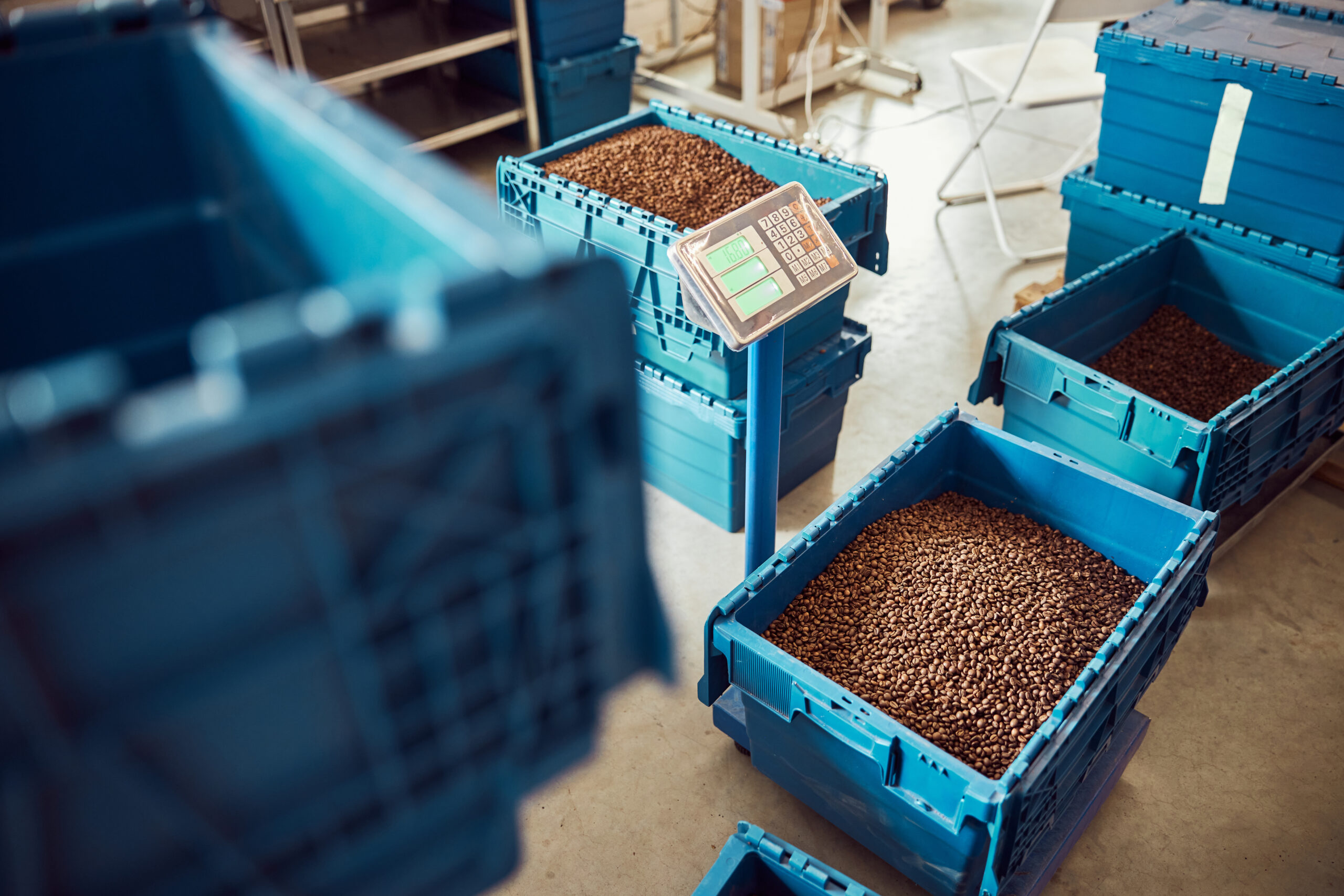Extending Asset Lifespan: Smart Decisions for a Circular Economy
In today’s competitive business landscape, asset longevity isn’t just about cost-saving; it’s a cornerstone of sustainable operations.
The Circular Economy.
In today’s competitive business landscape, asset longevity isn’t just about cost-saving; it’s a cornerstone of sustainable operations. RFID technology serves as a breakthrough solution for extending asset lifespan, enabling smart decisions that benefit both the bottom line and the environment. This post explores how Australian businesses can leverage RFID to keep assets at their highest value for as long as possible, aligning with the principles of the circular economy.
The circular economy aims to keep products and materials at their highest value for as long as possible. Unlike the traditional linear model of “take, make, dispose” the circular economy focuses on extending the lifespan of assets, thereby reducing the need for new resources and minimising waste. It’s a win-win for both businesses and the planet.

RFID: The Enabler of Smart Asset Management.
Radio Frequency Identification (RFID) technology allows for real-time tracking and data collection on assets. This enables businesses to make informed decisions about maintenance, usage, and eventual retirement of assets, thereby extending their lifespan and reducing environmental impact.
Industries That Stand to Benefit.
- Manufacturing: Real-time tracking of machinery and equipment can lead to timely maintenance, reducing downtime and extending asset lifespan.
- Healthcare: Medical equipment is often expensive and resource-intensive to produce. RFID can help manage these assets more efficiently.
- Retail: From shopping carts to point-of-sale systems, RFID can help retail businesses manage and maintain their assets for extended use.
- Construction: Heavy machinery and equipment can be better managed, reducing the need for premature replacement.
- Wholesale Distribution: Pallets, crates, and cartons are essential yet often overlooked assets. Proper rotation and tracking can extend their lifespan and reduce waste.
- Beverage Industry: Returnable bottles and crates are a significant part of the business. RFID ensures they are properly rotated and maintained.
- Agriculture: Reusable containers for produce can be better managed to ensure they are not left to deteriorate, reducing both waste and costs.
Efficient Maintenance Management.
RFID technology can alert businesses about the need for preventive maintenance, reducing the risk of asset failure and extending the asset’s lifespan. This is particularly beneficial for industries like manufacturing and healthcare, where equipment uptime is critical.
Monitoring Returnable Assets.
In industries like retail and logistics, returnable assets like pallets and containers often have a short lifespan due to loss or damage. By ensuring proper rotation and tracking of returnable assets, businesses can significantly extend their lifespan, reduce waste, and cut costs. RFID technology provides the real-time data needed to make this a reality.

The Environmental Payoff.
Extending asset lifespan through smart management not only saves money but also significantly reduces waste and resource consumption. This aligns perfectly with the circular economy’s principle of keeping items in their original state for as long as possible, reducing the need for recycling or disposal.
RFID technology offers a pathway for Australian businesses to extend asset lifespan efficiently. By enabling real-time tracking and smart decision-making, RFID not only improves the bottom line but also contributes to a more sustainable, circular economy. It’s not just a tool for asset management, it’s a strategic asset for sustainability.
